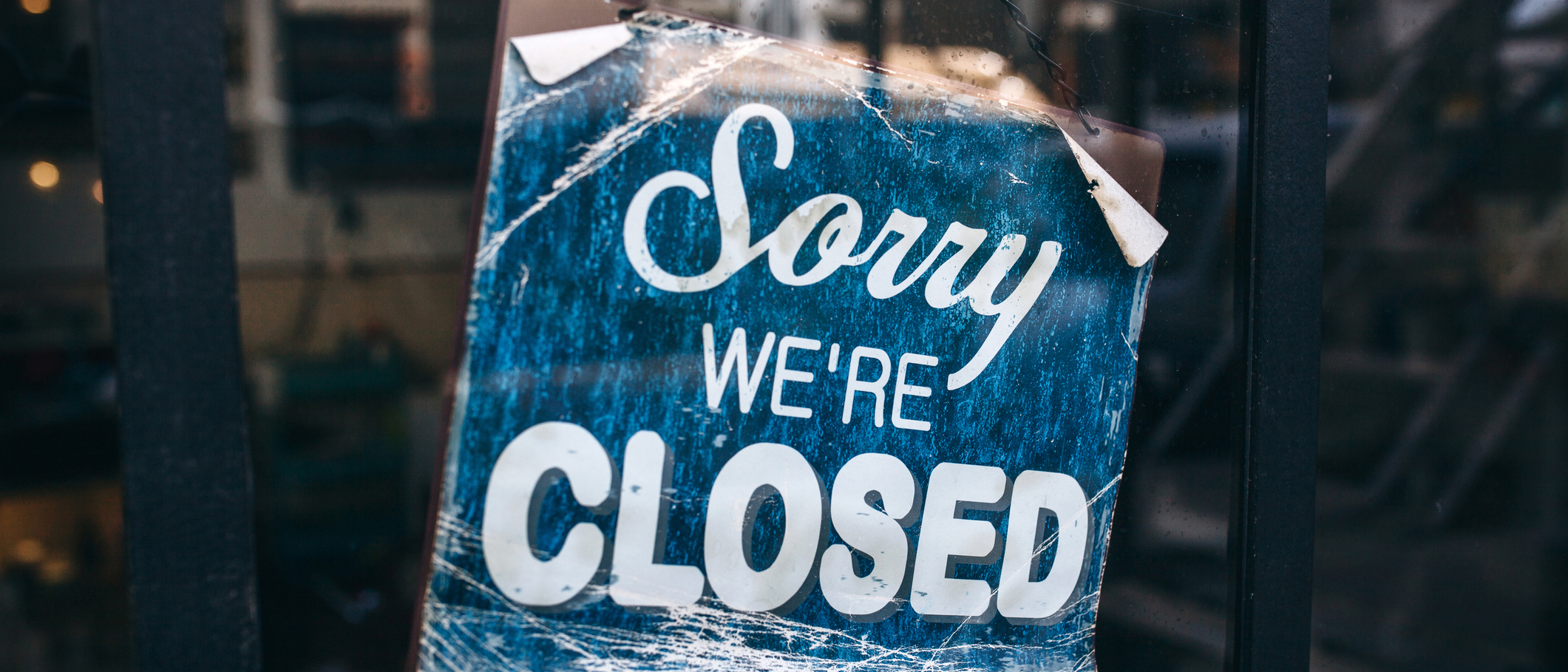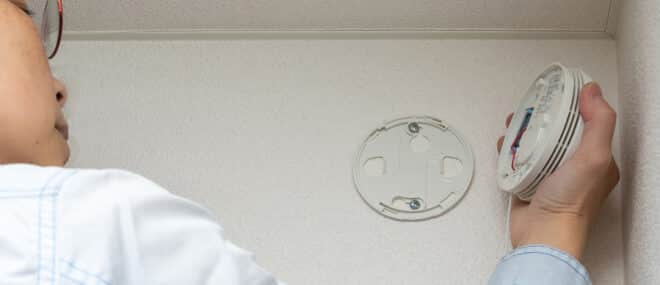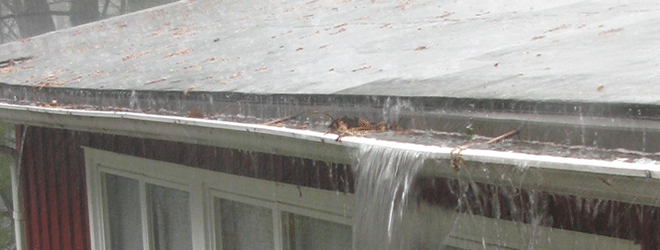There are many risks that you may encounter when leaving your business unoccupied overnight. Taking the time to ensure your business is safe before closing increases the chances that it will be safe upon your return.
To help you with your loss prevention efforts, we’ve put together a list of ten key questions to ask yourself when completing your closing time inspection, and some tips to help secure your business. That way, you can leave your business for the night worry-free, and know you’ve done everything you can to prevent any theft, fires, or other unwanted events from occurring.
1. Has all equipment been turned off?
Before leaving, ensure that you or an employee have done one final walkthrough of the business and checked that all items that need to be powered off overnight have been shut down. Depending on your business, you will need to worry about different items, some of which may include portable heaters, decorative lights, cooking appliances, and other heating equipment. By turning all of this equipment off, you can help prevent any fires from igniting while you’re gone.
2. Are all flammables stored properly?
Another step to help prevent fires from catching is storing flammables properly and ensuring containers are labelled clearly. This includes the proper storage of oily rags and other materials that may spontaneously combust. Also be sure to move any flammables or combustibles away from heating appliances.
3. Have at least 30 minutes passed since the end of any hot work? Has a fire inspection of the hot work area been completed?
If your business involves any sort of hot work, be sure you’re very careful – not just when performing the work, but also after the work has been completed. Ensure at least 30 minutes has passed since you or your employees finished up any hot work before leaving the premises.
4. Are the interior lights in the sales area on?
If you turn your interior lights on, it may discourage thieves from entering your business while you’re not there. It can also better illuminate your building so that if someone does enter, they will be clearly visible from the street.
5. Are the exterior lights operational?
Ensuring all of your exterior lights are operational and turned on overnight can also discourage thieves from approaching your building. But don’t just illuminate the front of your business. It’s important to have lights at the side and back entrances too. Any burnt-out bulbs should be replaced as quickly as possible.
6. Have all doors and windows been locked, and have the padlocks been secured on all bay doors?
To ensure no burglars can easily enter your premises, check that all doors and windows are locked. Be sure you or an employee always checks that the back entrance has been locked, as it can easily be overlooked as you head out the front door!
7. Has a walk-through been done to ensure no one is inside the building?
Just to be safe, check inside of the building one last time before locking up, to make sure that no customers are still inside. Be sure to check back rooms, stockrooms, bathrooms, and change rooms. The last thing you want is to leave someone with access to your property after the doors have been locked.
8. Has the security system been activated?
The type of security system you have can include a number of options, ranging from silent alarms to video surveillance. But no matter what type of system you have, ensuring it’s on before you leave the building is useful as these systems can discourage thieves from entering your business, while also alerting security teams or police if a robbery is in progress.
9. Is all equipment, customer property and stock secure?
Move any excess stock to a locked or secure spot in your building. To make it more difficult for thieves to attempt a smash and grab, be sure to move stock away from windows and doors. While these may seem like small, insignificant steps, they could mean the difference between someone robbing your business and being dissuaded from doing so.
10. Are cash and valuables secured?
Before leaving for the night, be sure to lock up cash and other valuables. By following a detailed procedure when handling cash before locking up, you’ve done everything you physically can to protect your assets. Some steps you can implement include taking a different route each time you make nightly deposits, leaving an empty and unlocked cash register on the premises, and not leaving cash or valuables in rooms that are accessible by windows or external doors.
Ensure that your business is protected
Despite all of your preparations, sometimes things are just out of your control. That’s where a solid insurance plan comes in, as it can help cover the costs of any covered losses, protecting you and your business’ bottom line. Learn more by visiting our business insurance page today!
This blog is provided for information only and is not a substitute for professional advice. We make no representations or warranties regarding the accuracy or completeness of the information and will not be responsible for any loss arising out of reliance on the information.




